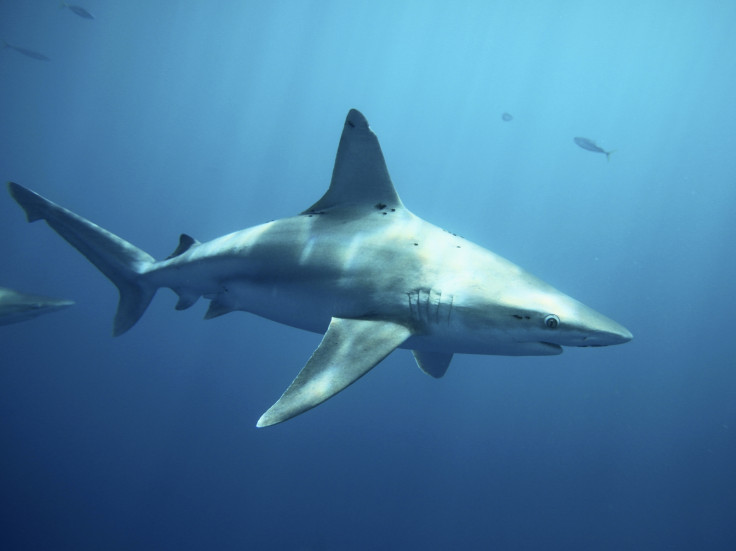Global warming could lead to record numbers of shark attacks in the US
Shark attacks could reach unprecedented levels this year according to one expert, who is blaming global warming for what he expects to be an uptick in incidents this year. Last year saw a record 98 attacks around the world, but marine biologists are urging people not to panic.
"We should have more bites this year than last," George Burgess, the director of the International Shark Attack File at the University of Florida, told Reuters. He believes that shark populations have slightly recovered from the historic lows recorded in the 1990s, and with rising temperatures driving more people to the beach than ever before, it could create a perfect storm for shark attacks. He might be bourne out by the statistics – in 2014, there were just 72 attacks, while in 2005 there were a mere 58.
But Burgess is nevertheless calling for calm. Fatal shark attacks are so rare that beachgoers are more likely to die under collapsing sandcastles. In fact, only six people were killed by sharks anywhere in the world last year.
Earlier this year, Burgess told National Geographic that "the chances for any individual who goes in the water surviving have probably never been higher, since there are so many more of us going out than before".
The US suffered a record 59 shark attacks in 2015, with activity particularly high in Florida, and North and South Carolina, up from the previous record in 2014 of 53. Australia saw 18 incidents, while South Africa had eight.
Burgess pointed to car accidents to demonstrate that the increase in attacks is not a cause for concern. "There were more car fatalities in 2015 than 1950, but that doesn't mean cars are more dangerous," he said. "It means there are a lot more out there."
Conservation efforts were mounted in the 1990s after decades of abuse spurred by Hollywood films such as Jaws saw shark populations tumble. The animals were killed both for sport and for shark fin soup – an aphrodisiac dish popular in certain Asian countries.
"Every red-blooded American man felt obliged to go out and catch sharks, which were readily capturable," Burgess told Reuters. "It became the blue-collar marlin."

© Copyright IBTimes 2025. All rights reserved.






















